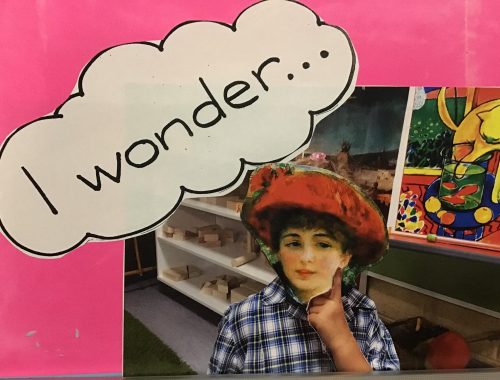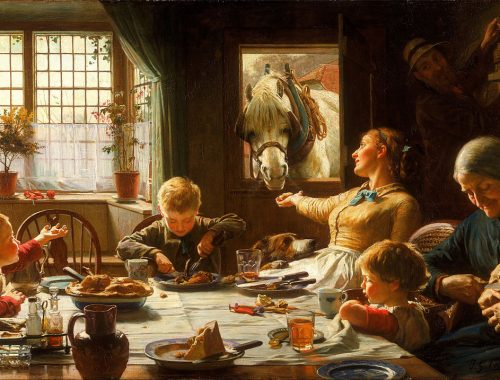
Start with Art Education

Welcome to my world! I have been in Early Childhood Education for over 25 years, the last few years using stories, art, philosophy and Habits of Mind as the basis of my learning program.
I’d like to share some ideas to help you during these uncertain times to enjoy your home learning program with your children.
This learning is challenging but fun and no doubt will soon be involving your whole family in some interesting discussions!
I will give you the tools and strategies to create and engage in a community of enquiry with your family.
Through this, your children will be developing their creative and critical thinking, visual thinking strategies and tools to develop intelligent, independent and reflective thinking.
To think well is to be a creative thinker as well as critical. Creative thinkers make connections, speculate and explore alternatives.
So what will we doing here?
We will be listening to stories, looking at art, thinking about our thinking and talking…lots of talking!
Philosophy
Our Philosophy for children program is based on the U.K program P4C (Philosophy for Children) developed by Dr. Matthew Lipmann.
This program helps:
-promote richer literacy and higher order thinking.
-children learn to think before they speak and give reasons for what they say.
-the children learn to value their own views and the opinions of others.
-they learn to speak respectfully and learn reasonable negotiation.
-develop ‘learning to learn’ skills through its ‘thinking aloud’ approach with emphasis on questioning and reflection skills.
-develop motivation by improving levels of understanding, confidence and student ownership of learning which in turn helps mental health by generating feelings of inclusion.
-develop general thinking and reasoning skills that can lead to higher attainment skills across the curriculum.
-improve social skills of listening, speaking, being able to disagree respectfully strengthening relationships.
-drive better thinking, communication and collaboration.
-encourage perspective by looking at and discussing visual stimuli.
All of these skills can transfer into other areas of life. Sound thinking is learnt from dialogue with others. It’s good for children and adults to talk together about philosophical questions – big questions that matter and that link thinking about one area of experience to thinking about experience as a whole…big picture thinking that brings perspective.
Habits of Mind
The children will be gradually introduced to the Habits of Mind which were developed by Professor Art Costa from the University of California. They are a set of sixteen dispositions that describe an effective, efficacious thinker. These are the attributes, dispositions and inclinations of the expert problem solver, the thoughtful decision maker and the creative thinker which guide their decisions in everyday life. We would hope that the Habits of Mind become like an internal compass that guide a person’s decisions as they are solving problems and as they are responding to conflicts and tensions in their environment.

Habits of Mind…hopefully you can print this and put it on the fridge for the whole family to practise as we learn each one.
Visible Thinking Strategies
Art is the essential first discussion topic because it enables students to use existing visual and cognitive skills to develop confidence and experience, learning to use what they already know to work out what they don’t.
VTS provides a way to jumpstart a process of learning to think deeply in most subjects from maths to poetry, science and social studies.
These strategies provide the students with thinking skills that become habitual and transfer from lesson to lesson…oral and written literacy, visual literacy and collaborative interactions among peers.
The pictures of children on the title page are from works done by a little known Australian woman artist, Ethel Spowers, born in South Yarra, Victoria in 1890 and worked in Australia and Paris. She was an illustrator and also made beautiful linocuts such as the ones that I have shared with you. Some of her work is on display at the National Gallery of Australia, the Museum of New Zealand Te Papa Tongarewa and at the Art Gallery of NSW.
You May Also Like

Dogs and Doughnuts: Followup Activities
April 1, 2020


One Comment
A WordPress Commenter
Hi, this is a comment.
To get started with moderating, editing, and deleting comments, please visit the Comments screen in the dashboard.
Commenter avatars come from Gravatar.